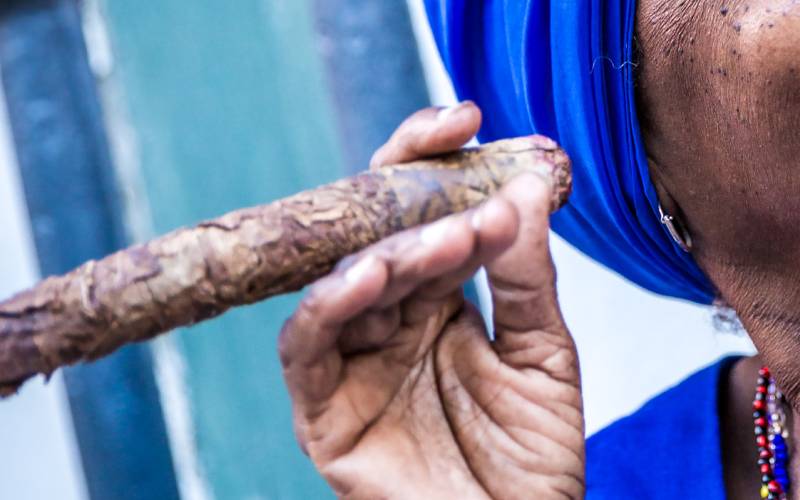×
The Standard e-Paper
Join Thousands Daily

Unless we make deliberate changes to reduce harm, more women will continually be in the red zone. [Courtesy]
She has grieved every day and lost it all; family, friends and her source of livelihood. A police swoop in her neighbourhood led to her arrest.